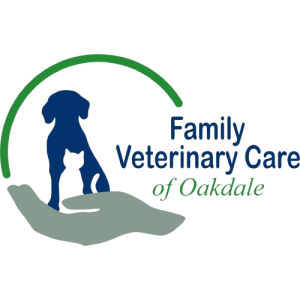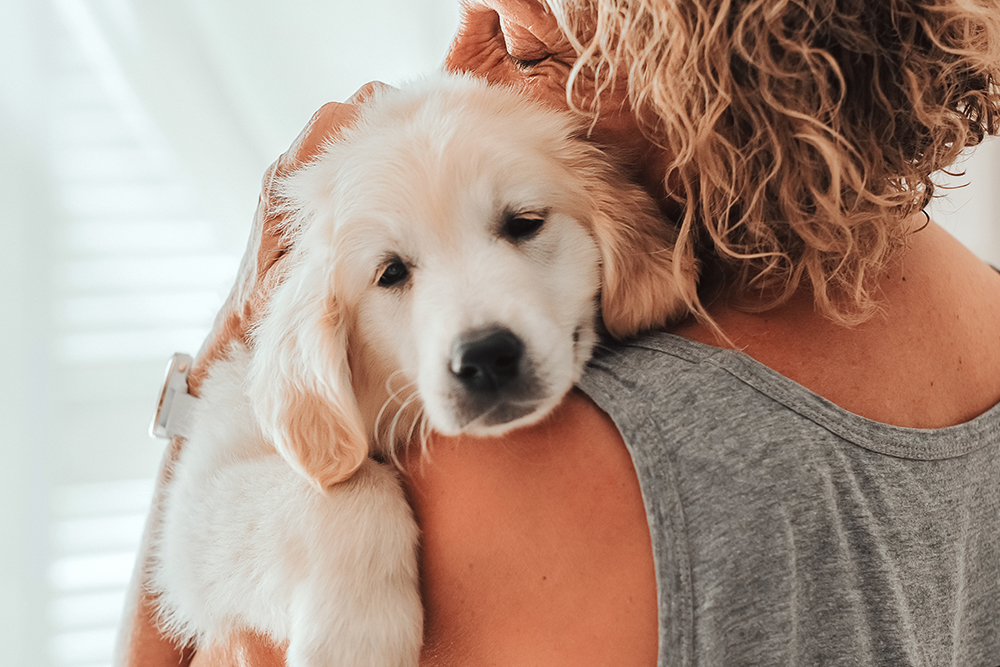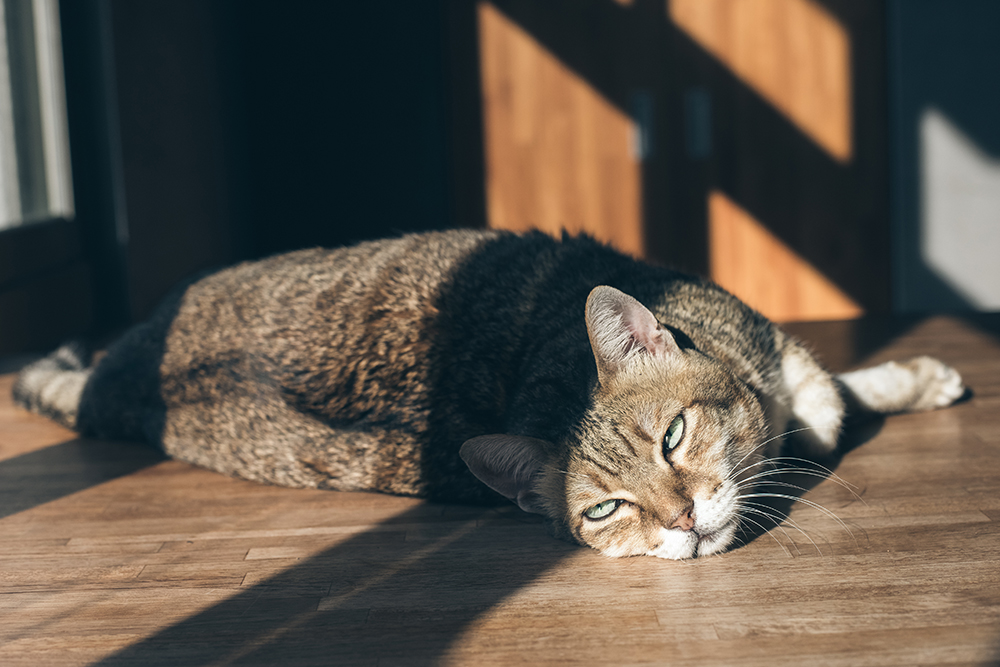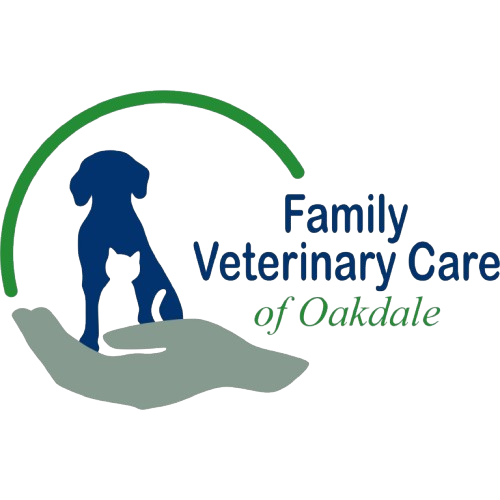Losing a pet is a deeply emotional experience, akin to losing a beloved family member. Pets bring joy, companionship, and unconditional love into our lives, leaving an indelible mark on our hearts. At Family Veterinary Care of Oakdale, we understand the profound grief that accompanies such a loss, and we are here to support you through this difficult time.
Whether you’re grappling with the recent passing of a cherished companion or preparing for the inevitable due to age or illness, this guide provides helpful strategies and resources to navigate your grief with compassion and resilience.
Recognizing the Depth of Pet Loss
Pets enrich our lives in immeasurable ways, offering unconditional love, companionship, and joy. When the time comes to say goodbye, the grief can be overwhelming. At Family Veterinary Care of Oakdale, we understand how profound this loss can be. That’s why we’re here to support you with compassionate care and resources to help you navigate through this challenging time.
The Emotional Impact of Pet Loss
Did you know that the grief of losing a pet mirrors the grief of losing a loved one? For many, pets are trusted confidants and constant companions. The depth of this bond means their absence creates a void that can be hard to fill.
Common Emotional Responses to Pet Loss:
- Shock and Denial: Especially if the loss was sudden, it can be difficult to process at first.
- Guilt: Pet owners often wonder if they made the right decisions, especially around end-of-life care.
- Anger: The unfairness of losing a pet can be frustrating, particularly when caused by accidents or sudden illness.
- Sadness and Loneliness: The daily routines that once revolved around your pet can intensify feelings of emptiness.
- Acceptance: Over time, the pain lessens, replaced by fond memories and gratitude for the time spent together.
The Role of Age and Health in Pet Loss
Dogs and cats generally live 10 to 20 years, though this varies by breed and overall health. Chronic illnesses such as kidney failure, heart disease, or cancer are common causes of pet loss. Recognizing the signs of declining health, such as reduced appetite, mobility issues, or changes in behavior, can help pet owners prepare for these difficult moments.
Recognizing the Unique Grief of Dog Owners
Dogs are social animals, often deeply integrated into their owners’ daily lives. Whether it’s morning walks or evening cuddles, their absence can disrupt these comforting rituals. Many dog owners find solace in celebrating their canine companions’ lives through:
- Creating a Photo Album or Scrapbook: Documenting their happiest moments.
- Planting a Memorial Tree: A living tribute that grows over time.
Understanding the Grief of Cat Owners
Cats are often private in their suffering, which can make their loss feel sudden and jarring. Their quiet presence can leave an unexpectedly loud absence. For cat owners, meaningful ways to honor their pets include:
- A Keepsake with Their Collar or Tag: A tangible reminder of their unique personality.
- A Donation in Their Name: Supporting a local shelter or animal welfare group can be a powerful way to continue their legacy.
How to Cope and Heal After Pet Loss
Healing from pet loss is not a linear process, but there are steps that can help:
Memorializing Your Pet
Many find comfort in creating a lasting tribute. Options include:
- A custom-made memorial stone for your garden.
- Framing your favorite photograph of your pet.
- Writing a letter to your pet to express your feelings.
Seeking Support
Talking to others who have experienced similar loss can be incredibly validating. Resources include:
- Support Groups: Look for local or online groups specifically for pet loss.
- Counseling: Professional guidance can provide tools to process grief.
- Friends and Family: Sharing stories about your pet can keep their memory alive.
Maintaining Routine and Self-Care
The disruption caused by pet loss can be grounding. Maintaining your daily routine and prioritizing self-care activities—such as exercise, healthy eating, and mindfulness—can aid recovery.
How Your Veterinarian Can Help
Veterinary clinics like Family Veterinary Care of Oakdale are not just there for routine check-ups; we also provide essential support during the end-of-life stages. Our services include:
- Hospice Care: Ensuring your pet’s comfort during their final days.
- Humane Euthanasia: A compassionate option when it’s time to say goodbye.
- Grief Resources: Providing access to literature, counseling, or memorial services.
For those struggling to make end-of-life decisions, scheduling a consultation can help clarify your pet’s quality of life and available options. Learn more about our end-of-life care services for additional guidance.
Preventative Measures for Future Pets
While nothing can replace the pet you’ve lost, honoring their memory through proactive care for future pets can be healing. Consider:
- Regular wellness visits to detect potential health issues early.
- Senior pet care plans that prioritize comfort in their golden years.
Explore our wellness and preventative care services to learn how we can help ensure a longer, healthier life for your furry companions.
Moving Forward After Loss
Deciding whether to bring a new pet into your life is deeply personal. Allow yourself time to grieve and reflect before making this choice. Many find that adopting another animal helps them channel their love and heal, but it’s essential to proceed when you feel ready.











Leave A Comment